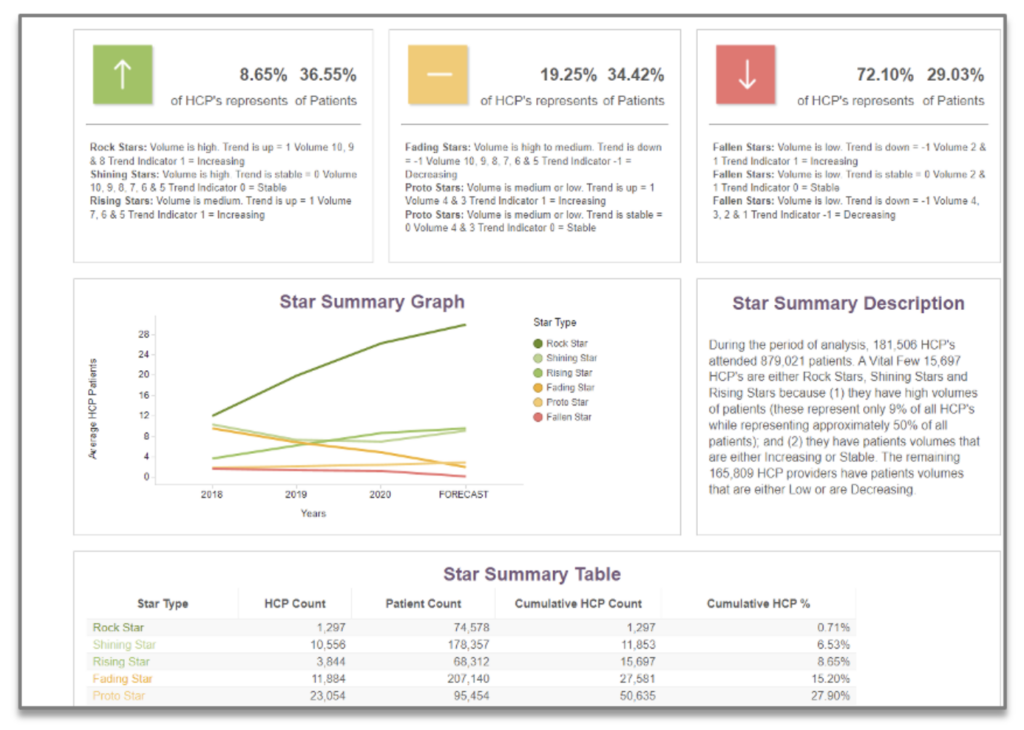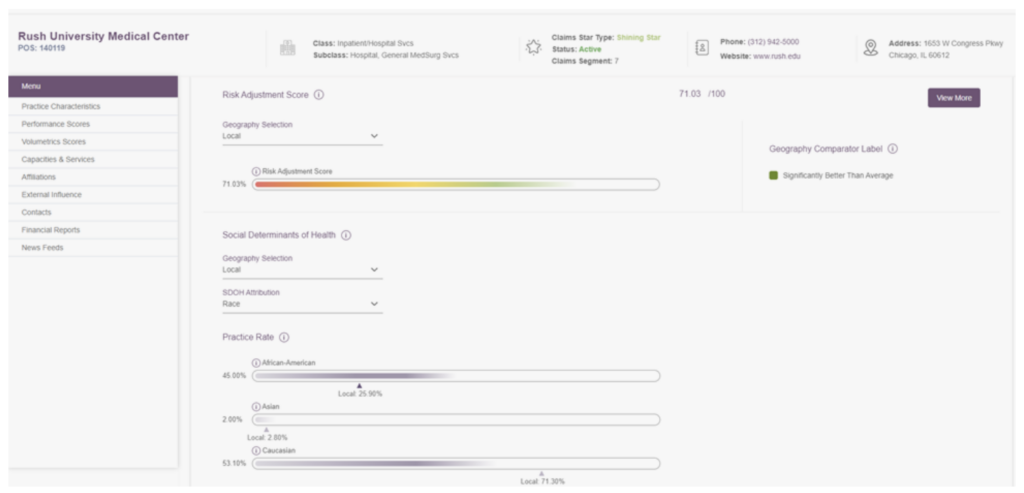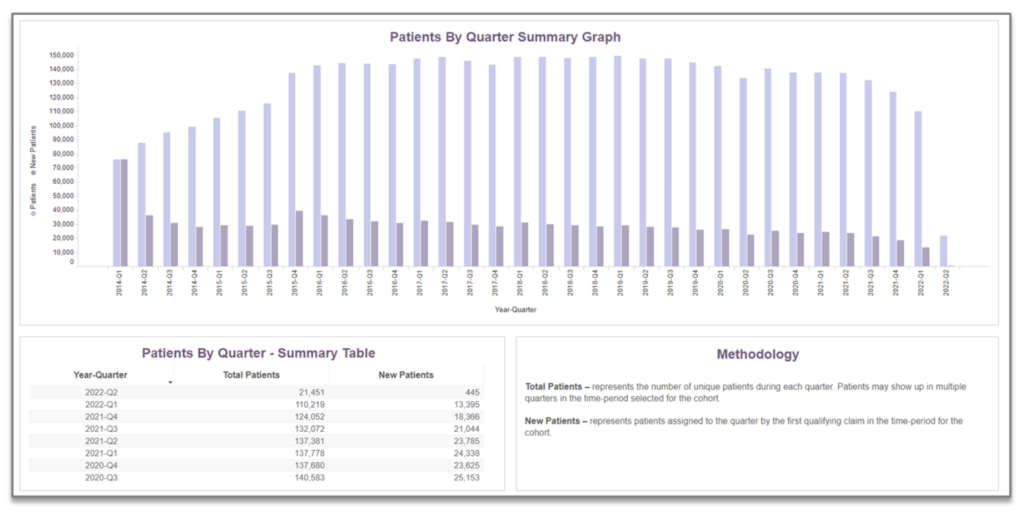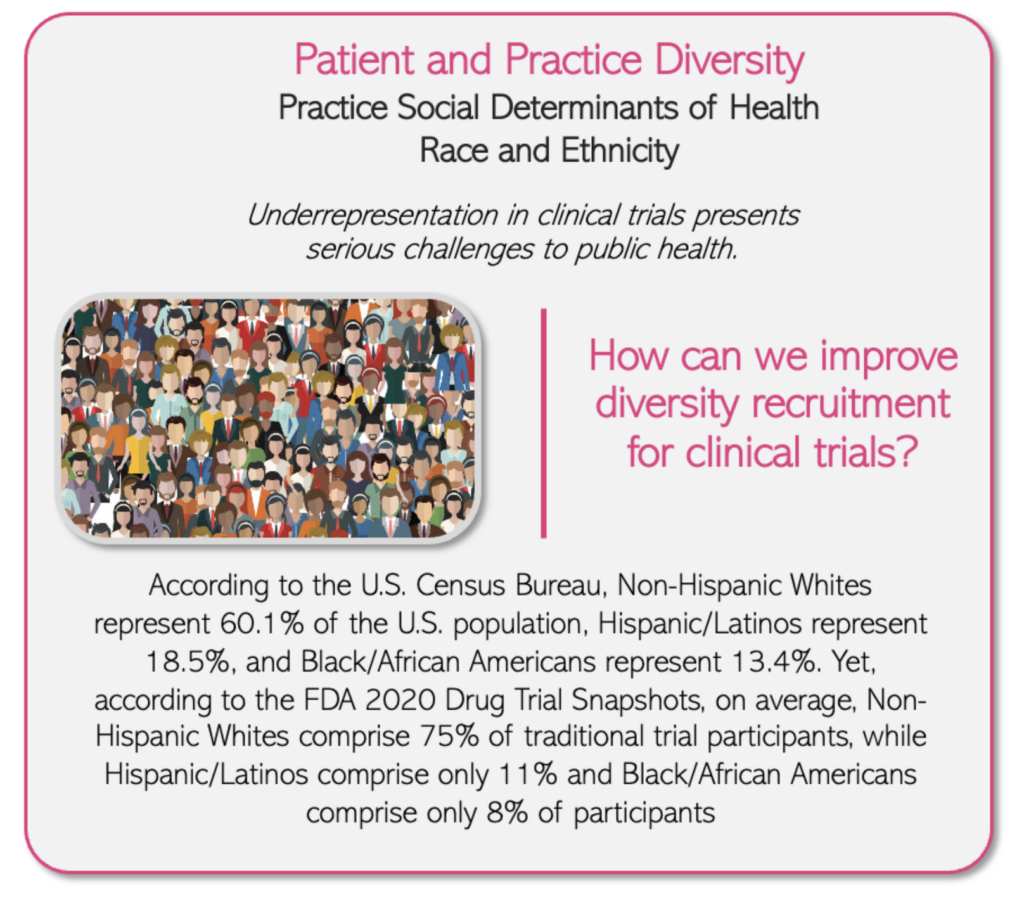Today, the number of Americans aged 65 and older living with Alzheimer’s dementia is estimated at 6.2 million. Without medical breakthroughs to slow or cure the disease, it is projected to approach 13.8 million by 2060. Alzheimer’s is the fifth-leading cause of death among Americans aged 65 and older and in the past twenty years, has surpassed stroke, heart disease and HIV. It is likely that the COVID-19 pandemic exacerbated this trajectory.
Progress has been made in Alzheimer’s research with new insights in neurobiology, risk, and racial differences, reinforcing the need for equitable surveillance, clinical trial recruitment, and health care for people with dementia. This is reflected in current research and development with a shift away from symptomatic treatment to neurobiological disease-modifying therapy now making up the majority of the pipeline of drugs for Alzheimer’s disease.
Clinical trial diversity is therefore essential to accurately identify risk attributes such as race, ethnicity, gender, and biomarkers, paramount to early recognition. There is the need to understand if these differences can help with early intervention. Current research has shown certain biological markers in the brain are present more than two decades before the clinical symptoms of cognitive issues appear, again, emphasizing early identification of the prodromal and preclinical period before disease presentation.
Recently, the FDA has issued new guidance that expands clinical trials to include different races and ethnicities in the patient recruitment process. Finding physicians with diverse patient populations will increase understanding of the disease and candidate drug effectiveness. Traditional tools have not been designed to expand the cohort for clinical trials, and although there has been significant progress in understanding Alzheimer’s, an increasingly diverse population and staggering future estimates of this disease make it a healthcare and public health priority.
PurpleLab’s™ HealthNexus™ platform is designed to help identify providers with diverse patient populations, prior clinical trial experience, and clinical practice patterns. Each provider is compared to their peers and is classified into a decile according to their prior performance and predicted trends. This star system helps identify practice patterns which is particularly useful when looking for experience treating a condition such as Alzheimer’s.

Further examination of the data at the provider-level can identify patient populations and the SDOH variables in them. As there are many variables that make up the SDOH criteria, each one could be used as a filter for identifying physicians’ practices and their patients. In this manner, one could filter on race, ethnicity, income level, marital status, or education, or for more complex queries, combinations of these variables simultaneously or separately.

New technology and analytics platforms have improved predictive models for managing chronic medical conditions. Traditional models use only age and gender. With the addition of SDOH variables, there is an expansion of the analytics into the data that was not able to be done in prior years. These new insights allow for the researcher or other user of the data to identify gaps, inequities, or disparities, based on SDOH information that previously was suppressed as it was not visible. This now makes the data actionable as one can determine what are the gaps or disparities and create programs and solutions to improve or mitigate the inequities.
In recognition of national World Alzheimer’s Disease Month, PurpleLab™ used its HealthNexus™ platform to identify individuals with early onset AD and the providers taking care of them. We can use this real-world data for expansion of clinical drug trials as well as pharmaceutical marketing based on the inclusion of race, ethnicity, income, and education as additional markers for physician and pharmaceutical profiling. PurpleLab’s™ HealthNexus™ platform tracked almost 150,000 patients with early onset Alzheimer’s for over seven years, identifying new individuals each quarter.

Using deidentified data, analytics at the provider-level can be uncovered about the make-up of the patient populations. Including SDOH variables into the analysis allows for a better understanding of the patient journey and who is not able to acquire the medications or services based on the variables being evaluated. When one compares the selected cohort to the others, you can determine if these findings are statistically significant. This actionable knowledge is vitally important for the success of these types of programs. With any new medication being tested, it is critical to have a diverse patient population in the trail and to be able to identify providers with diverse patient populations and experience in clinical trials. The HealthNexus™ platform can easily identify providers in any market in the United States, the conditions they are treating, and the demographics of their unique patient populations. These providers can be compared at the local, state, and national level allowing the researcher to determine which are the appropriate providers to help in the important aspects of recruiting and participating in a clinical trial.

Recent efforts have been made to ensure diversity across the spectrum of this disease. The IMPACT-AD (Innovative Institute on Methods and Protocols for Advancement of Clinical Trials in Alzheimer’s disease and related dementias) program launched in fall of 2020 is a step toward this goal with major emphasis to enhance future Alzheimer’s and dementia research, especially clinical trials, https://impact-ad.org/.
Contact us to learn more about HealthNexus™ powered by PurpleLab™ and to see how our platform can help you manage and use your healthcare data.
References by order of discussion:
- https://www.alz.org/media/Documents/alzheimers-facts-and-figures-special-report-2021.pdf
- https://www.nature.com/articles/s41582-021-00589-3
- https://www.fda.gov/news-events/press-announcements/fda-takes-important-steps-increase-racial-and-ethnic-diversity-clinical-trials
- https://www.fiercebiotech.com/biotech/beyond-headlines-and-amyloid-alzheimers-pipeline-chugs-along